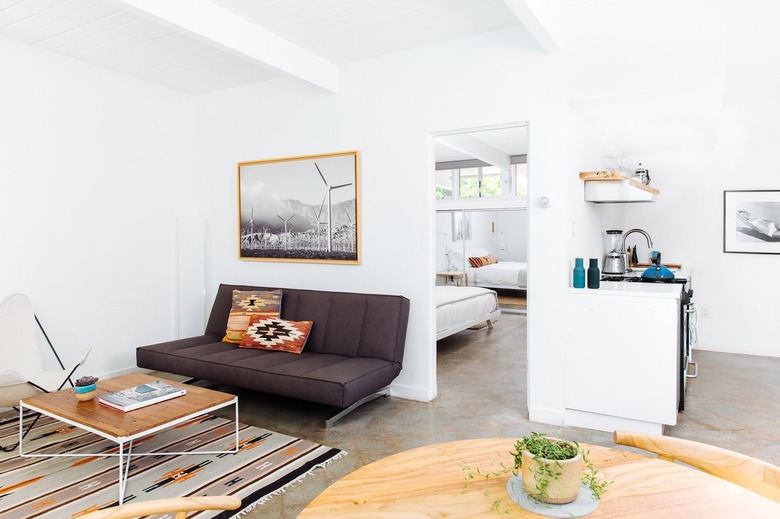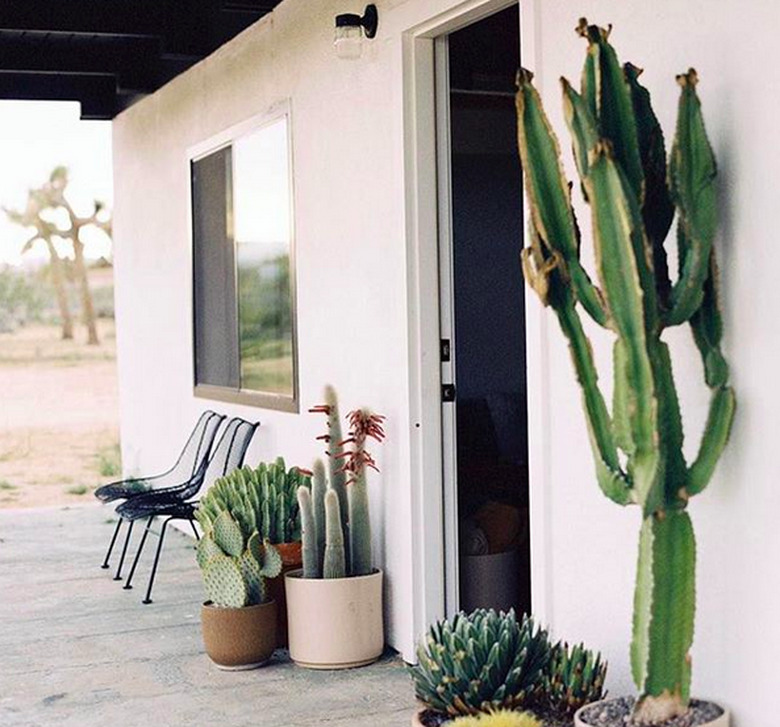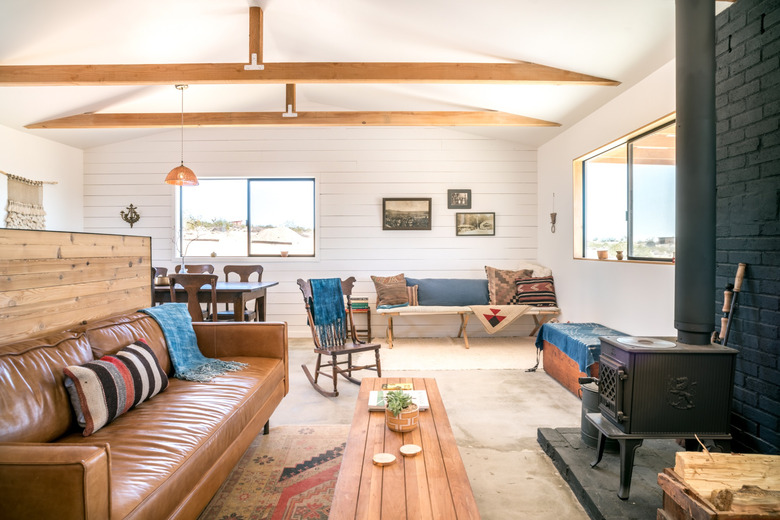What I Wish I Knew BEFORE I Started My Remodel
Remodels are full of surprises, disappointments, delays, extended timelines, and blown budgets. Conservative gripes suggest that you plan for it to cost 50 percent more and take twice as long — if not more. And that's just budget and timeline.
Jonathan Grossman, a Los Angeles-based homeowner in the final stages of renovating his family's 1940s-era home, may have put it best: "Most of us assume we know how to do things the 'right' way and will avoid the pitfalls of the remodel by planning, calculating, and double-checking everything. But the remodel is an animal that can't be tamed. It's kind of like raising a child: no matter how much you prepare, you will get blindsided by something. Rather than spend your energy over-preparing, you're better off saving it for the limitless patience you'll need."
Here are seven pieces of advice from other friends of Hunker and what they wish they'd known before taking the plunge — including Jonathan's wife, Laurie.
... that sometimes, you just need to move out.
... that sometimes, you just need to move out.
"I admit, I was warned about this," says Laurie Grossman, Hunker's editorial director. "So, I already knew — or had an idea — that living in our house during construction was going to be challenging. But it was way more challenging than I expected." To save money, the Grossmans transformed a playroom into a hybrid living room-dining room-kitchen — complete with hot plate, microwave, and refrigerator. Then, the timeline slipped.
"Living in a very small, overcrowded room as a family of four, plus two dogs, made us start to go a little crazy. Practicing patience with the remodel, and more importantly with each other, was the daily challenge," she says. "Looking back, I'm still glad we did it this way or else renting a place would have eaten into our budget, especially because the remodel took much longer than expected. But in retrospect, perhaps I would have scheduled a few more weekends away — or at least rented a place for a small portion of the time."
... that it doesn't always pay to DIY.
... that it doesn't always pay to DIY.
Paul Anderson, Hunker's creative director, renovated a homestead cabin in Joshua Tree, California, partially on his own. "I tried a lot of things for the first time and screwed up, or realized after that I should have just found someone with the expertise. Luckily, my cabin is a small space, so all the things I screwed up weren't costly," he says.
Case in point: painting. "My wife and I spent three weekends painting the exterior of the house — driving out to the desert, getting paint supplies, spending six full days painting, and it looked bad and we didn't finish," he says. "I ended up finding a young guy who had a sprayer and does this full-time. He did the entire cabin in six hours and we paid $500 including paint and supplies."
... that you need to mark everything clearly.
... that you need to mark everything clearly.
Communication is also key when you demo, says Alyssa Valentine, a realtor who has renovated more than a dozen homes in northeast Los Angeles.
"There have been times when I've communicated that I wanted to save certain details, like a cool towel bar or antique light fixtures. The problem is that it doesn't always get communicated down to the guys doing the demo, so they go in and scrap everything," she says. "And then all those amazing vintage details are gone."
"Now," she says, "I mark everything with blue tape and mark it with a sharpie: 'KEEP.'"
... that you should never assume.
... that you should never assume.
When it comes to contractors, Brett Woitunksi, who heads up product and design for Leaf Group's media division, has one golden rule: Don't make assumptions. "Any specific details should be addressed, and in writing, even if it seems small or obvious," he says.
Woitunski has renovated several places in the high desert, known collectively as the Yarfa Cabins. All it takes is one detail to go undiscussed, and there can be disappointment. "We used 4x6 posts for a case in our first cabin renovation and assumed our contractor would be using the same post size for a similar situation in our second cabin renovation, so we didn't specify it," Woitunski explains. "He used 4x4s in our second renovation, which we didn't like quite as much."
... that you need to spell it all out right from the beginning.
... that you need to spell it all out right from the beginning.
On a similar note, Valentine adds that there's no such thing as over-communication when it comes to a contractor — especially when getting bids.
"You can't underestimate the level of detail you need to bring to the estimating process," she says. "You don't want to get stuck halfway through and realize, Oh, we didn't talk about baseboards. You have to get into the nitty gritty of every detail. Now, I stand in every room and take physical inventory of everything I'm going to touch in there. Then, when I'm getting estimates, there isn't a question of 'Are you providing this or am I?'"
Even the littlest missed items in an estimate can really add up. "Even just an electrical swap-out seems simple, but are they providing all the outlets, switches, and strike plates? If not, you've got to go buy them all, and that could be a grand you weren't planning for."
... that you need to communicate for each and every room.
... that you need to communicate for each and every room.
Another all-too-common communication lapse, says Valentine, is when contractors assume they should treat one room exactly like another — a version of which happened during a remodel she did of a 1900s-era duplex.
"We were unearthing flooring in the kitchen. As we pulled off tile and layers of linoleum, I was really excited to see what was underneath. Maybe there's Doug Fir? Maybe there's tile?" she says. In the end, the kitchen floor wasn't worth salvaging, and they installed new tile. "I didn't explain that we wanted to do the same in the bathroom — layer by layer — so they demoed the entire floor. What I didn't know was there was this beautiful old hex tile, all original from the 1900s. But I was too late. It was just in a pile, demoed. It broke my soul to see that they had done that and not called me."
... that you should paint it big.
... that you should paint it big.
Some regrets are strictly practical. Brittany Carr Seely, who has renovated several homes in Los Angeles, realized too late that painting a tiny paint sample on a few walls is not enough. "You really need to have your painter paint a huge sample on many walls so you can see how the paint looks once it's dry and during different times of the day," she says.
... that being a good neighbor matters.
... that being a good neighbor matters.
And some regrets have nothing to do with the remodel itself, but the overall process. "I wish we had made nice with the neighbors before we started a huge addition," says Seeley. "The neighbor ended up hating us because of the noise of the construction and she made things a nightmare for us."


